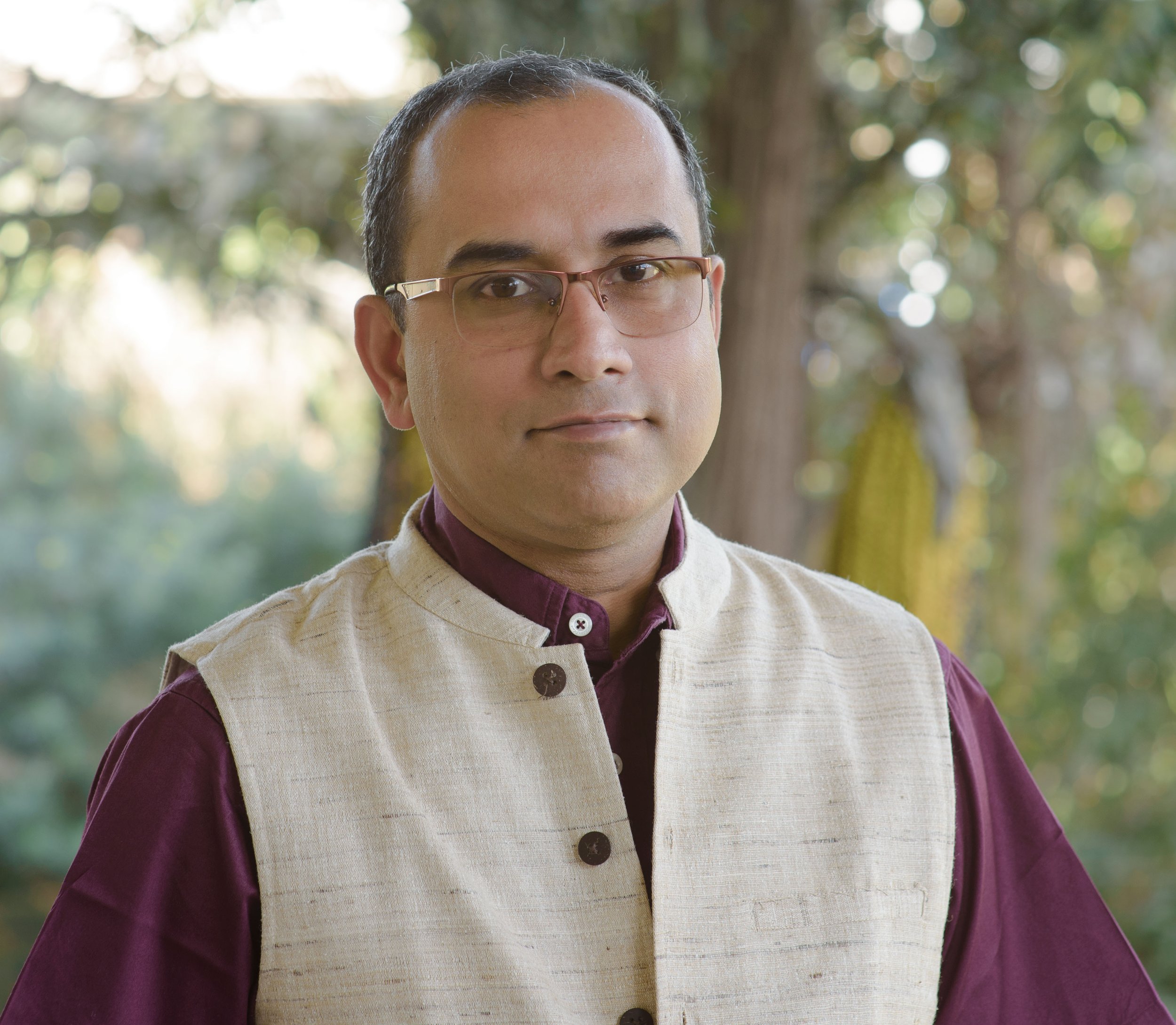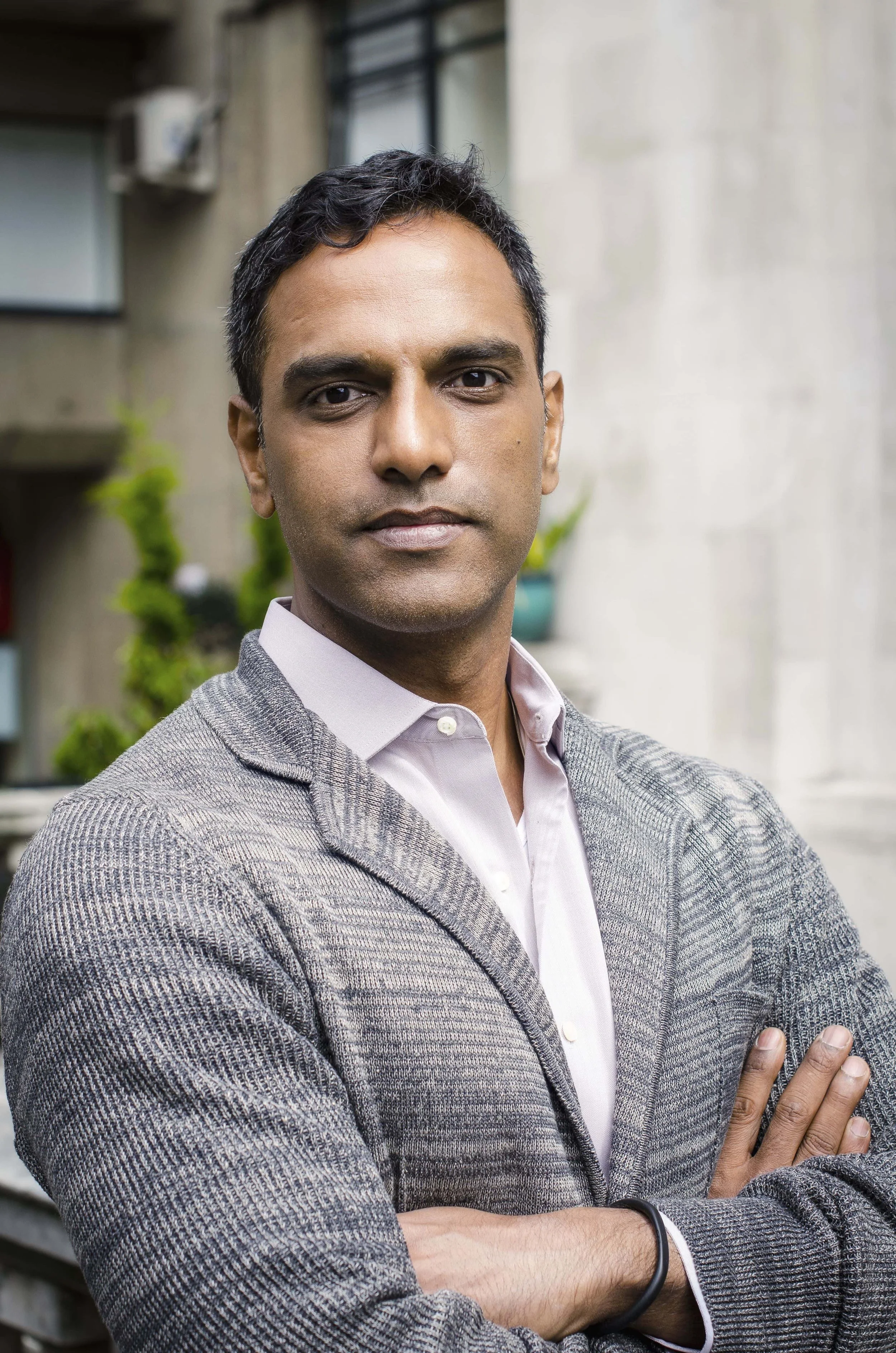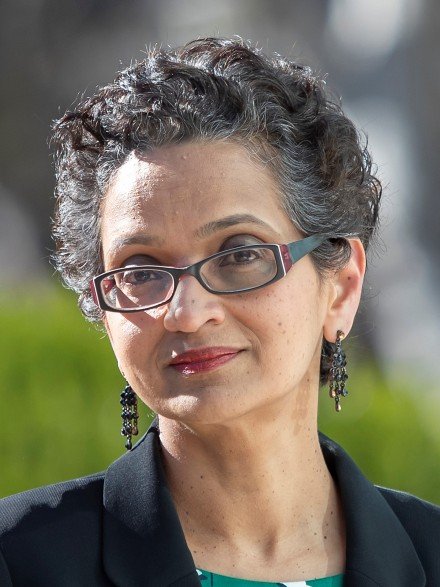Thinking in a Dish: Stem Cell Research and the Human Brain
To address the inadequate understanding of mental illness and psychiatric disorders in humans, scientists at the ‘Accelerator program for Discovery in Brain disorders using Stem cells’ (ADBS) use stem cells to replicate the functioning of a brain at the cellular level. These stem cells are grown by harvesting white blood cells and differentiating them to produce the cell types seen in the human brain. Modern stem cell technology allows the production of such 'disease-in-a-dish' models of the human brain, in some cases to the extent that they resemble mini brains grown in the laboratory. Such models have tremendous potential for understanding mechanisms in human brain disorders.
Some have argued that these neural cells, known as cerebral organoids, may have the potential for various kinds of mental activity like thinking, cognition, and consciousness. While this research can potentially unlock many of the mysteries surrounding the human brain and mental illness, it is fraught with ethical and legal concerns.
Given the lack of clarity around both the power and limitations of stem cell technology, there is an urgent need for public dialogue on understanding and governing its use in research and medicine. Bringing together researchers from science and technology, global health, and cell biology, this panel discussion examined the current status of cerebral organoid research. The event saw Raghu Padinjat, Sridhar Venkatapuram and Sujatha Raman ponder upon the ethical questions and governance surrounding stem cell research.
About the Cell Biologist
Raghu Padinjat is Professor and Dean of Research at NCBS-TIFR. He trained in clinical medicine and then obtained a Ph.D in the area of cellular neuroscience. Following post-doctoral training at the University of Cambridge, U.K he was a BBSRC David Phillips Fellow and subsequently a faculty member at the Babraham Institute, U.K and the University of Cambridge (2001-2010). Since 2010 he has been a member of the NCBS faculty. His current interests include the genetic and cellular basis of human mental illness with a focus on neural signalling systems.
About the Global Health Researcher
Sridhar Venkatapuram brings health-related natural and social sciences together with philosophy in order to understand and address health inequalities and injustices. Recently, he has been thinking about the systems which allowed the SARS-CoV-2 virus to spread at an unprecedented rate. This line of enquiry challenges us to think beyond the virus as the only cause of the pandemic, and encourages us to reexamine the socioeconomic systems which play a critical role in both spreading and controlling disease.
About the Social Scientist
Sujatha Raman joined Centre for Public Awareness in Science (CPAS) at the Australian National University in July 2018 as Research Director and Reader. At CPAS, she is exploring the contribution that science communication research and practice can make to stimulating new conversations at the interface of science, innovation, democracy and global challenges. She has a background in the social studies of science and technology (STS) with a particular interest in collaborative research between science and social sciences.






